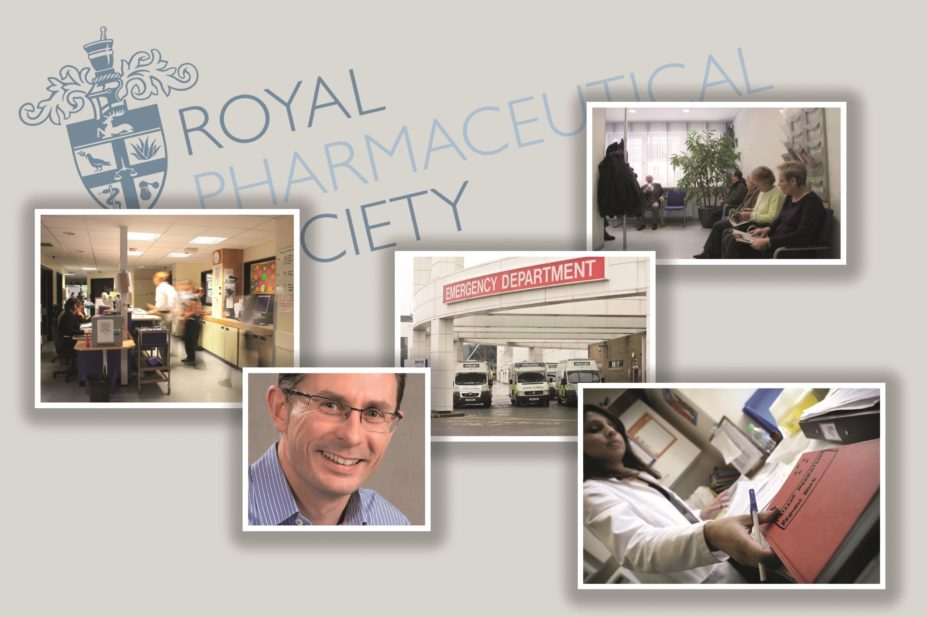
Last year saw a significant shift in the pharmacy landscape, with calls to better utilise the clinical knowledge and skills of pharmacists. The Royal Pharmaceutical Society (RPS) continued to push for expansion of pharmacists’ roles within the multidisciplinary team in order to reduce the pressure in other healthcare sectors. These developments were reflected in the articles you read the most in 2015 in the Your RPS section of The Pharmaceutical Journal.
1) Pharmacists set to be drafted into dozens of A&E departments in England
In January 2015 it was announced that an NHS pilot project to see more pharmacists working in emergency departments was to expand to 36 A&E departments across England from March 2015. The RPS supported the plans, saying that having more pharmacists working in A&E departments could help to reduce pressure on emergency care.
2) Hospital hires newly qualified pharmacists for wards amid nurse shortage
In May 2015, chiefs at Colchester University Hospital NHS Foundation Trust gave the green light to employ foundation-level pharmacists in band 6 positions across four pilot wards covering medical, surgical, orthopaedic and elderly care. The project was believed to be the first of its kind in England. Catherine Duggan, director of professional development and support at the RPS described the project as “innovative” and “very positive”.
3) Pharmacist’s team wins £50,000 innovation prize for antibiotic prescribing app
In March 2015, a hospital pharmacist and his team at University Hospital Southampton NHS Foundation Trust won last year’s NHS Innovation Challenge Prize for infection control for their smartphone app “MicroGuide”. The app offers instant advice to medical staff about antibiotic prescribing and was said to have contributed to a 12% reduction in the hospital’s use of high-risk, broad-spectrum antibiotic prescribing.
4) Why this NHS hospital trust asks all its clinical pharmacists to become independent prescribers
Also in March, a NHS hospital trust in north-east England made it a “condition of employment” that all of its clinical pharmacists have an independent prescribing qualification in order to reduce medicines errors, delays and integrate pharmacists into clinical teams. The RPS backed the scheme and pledged to support more members to become prescribers. “We see a great future for independent prescribing and the capacity and capability this adds to a multidisciplinary team” said Heidi Wright, practice and policy lead at the RPS.
5) Employ thousands of pharmacists in GP surgeries, urge professions’ leaders
On 17 March 2015, the RPS and the Royal College of General Practitioners (RCGP) released a joint statement calling for pharmacists to be offered clinical roles within GP practice teams to reduce pressure on the GP workforce. “We would anticipate and hope that this opens up a completely new career path for pharmacists which would have a significant effect on the manpower issue we have at the moment,” said David Branford, then chairman of the RPS English Pharmacy Board.


